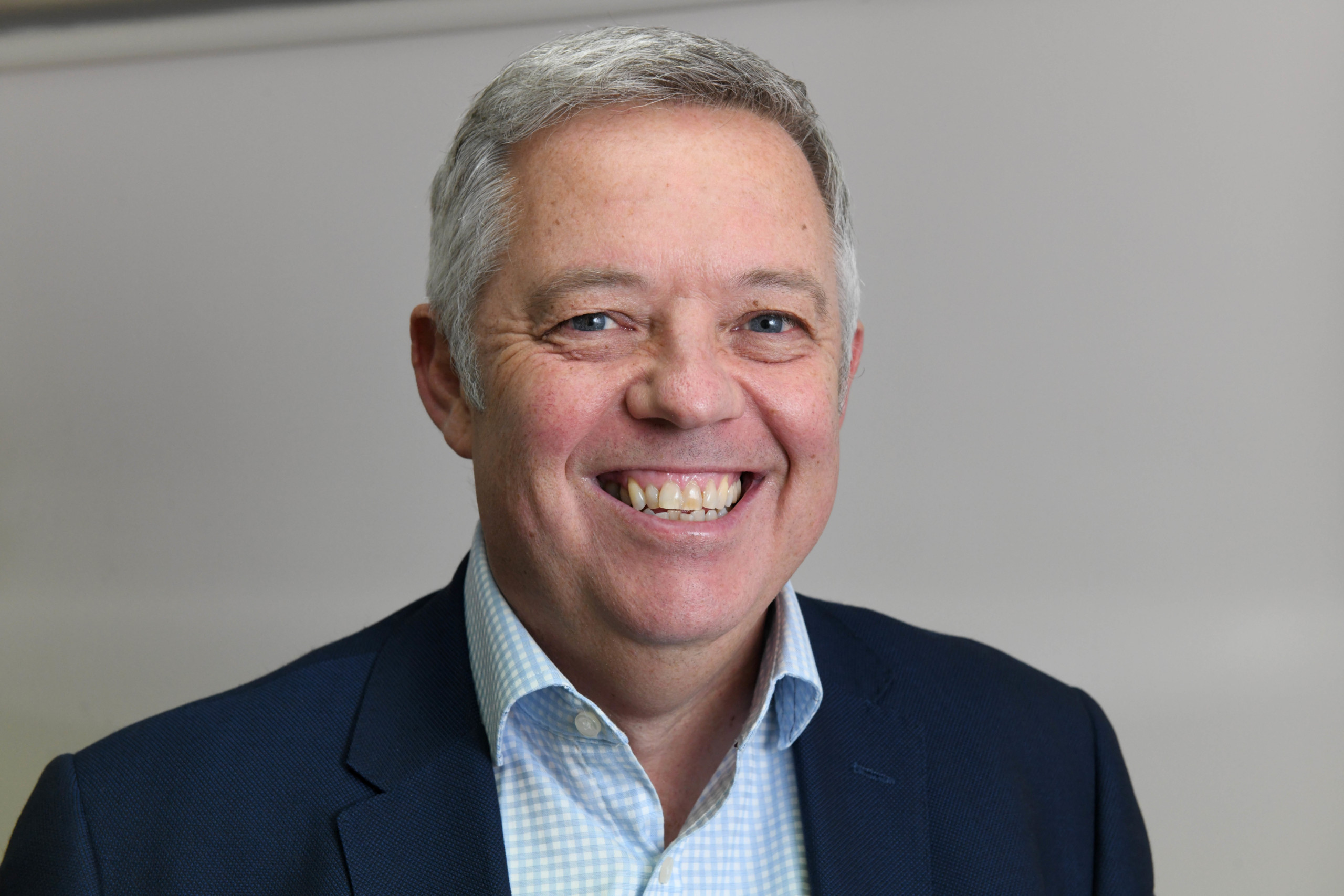Rutherford Cross welcomed Alan Kilpatrick, Managing Director of The North British Distillery Company, to speak at the latest CFO to MD boardroom lunch which looked at the career options that exist beyond the role of CFO. We were delighted to partner with Jonathan Kelly and Gavin Smith from Santander, and host a number of Scotland’s leading CFOs and Finance Directors for a hugely enjoyable and informative session.
The discussion centred on the challenges and opportunities of transitioning from a senior finance position into the role of Managing Director. CFOs naturally bring a valuable set of skills to general management but there is much more to consider to ensure a successful transition and the session provided valuable insights into the skills, experience and thought processes required of the modern Managing Director.
For many CFOs, the singular focus is to move into bigger and better senior finance roles across their career. However, there are multitude of routes your career can take you and for a growing number of finance professionals that can manifest itself in a leadership role outside of finance altogether.
The sub context to the discussion is that the last two years of the pandemic has created a heightened emphasis on why we do what we do and for many of us our aspirations for our future careers has changed too. A large part of the CFO role is to help their teams navigate through their careers and achieve their ambitions. Clearly, a large part of that starts with understanding their own.
The Journey
Alan’s career started in traditional fashion for someone who graduated from the University of Glasgow with a Bachelor of Accountancy. His first step into the professional world was with Coopers & Lybrand (now PwC) in their audit team, before moving onto Business Recovery and then Corporate Finance, both in the UK and Australia.
After ten years in the accountancy profession, Alan’s move into industry was with Devro plc in 1996 just as the business was completing the major acquisition of the US firm Teepak International. Devro plc is a FTSE listed company and a global leader in the supply of collagen casings and films, employing around 2,000 people worldwide. Within three years, Alan was promoted to Finance Director for the UK & Ireland, reporting into both the Divisional Managing Director and Group CFO.
In 2007, after eight years as UK&I Finance Director, Alan was presented with the potential opportunity to move into the Group CFO seat, which was a natural progression from his current role and the chance to realise a long-held ambition. Unfortunately, with a full market wide search run in conjunction with the internal process, Alan found himself pipped at the post by an external candidate and faced the first major disappointment of his career to date.
However, after a weekend to digest the news, the following week Alan was discussing the opportunity to take on the Managing Director role for the UK & Ireland at Devro and he accepted the new challenge straight away. Up to that point in his career, Alan had not seriously considered any roles outside of finance, but was keen to remain within the business and immerse himself in a new challenge, albeit one that at that point he could not be completely certain that he would be successful in.
Although it was a new role, Alan’s confidence to accept it hinged on two key factors. Firstly, he knew the business well after a decade of service at that point and had built a strong internal reputation that would stand him in good stead for success. Secondly, Alan was supported by an external Executive Coach which was invaluable in helping him process the new range of emotions he came to encounter in the more senior role and one outside of his natural comfort zone of finance.
The transition to Managing Director worked so well for Alan that after just three years he was promoted again into the Regional Director for UK&I, Australia, New Zealand and Japan. This role greatly expanded Alan’s breadth of responsibility within Devro and, most importantly, gave significant exposure to working with different cultures and ways of working internationally.
Alan’s 18-year journey at Devro ended in 2014 and he began seeking a role elsewhere. However, he then faced the dilemma of whether to present himself to market as a fully-fledged Managing Director, or to return to his training and the natural wheelhouse of an FD/CFO role. Initially, Alan ended up somewhere in between those two roles by taking on a Strategy Director role at Baxters Food Group but within just under a year he was back to general management and his current position as Managing Director of The North British Distillery Company.
North British Distillery is one of Scotland’s oldest and largest Scotch grain whisky producers. Jointly owned by Edrington and Diageo, the company employs over 200 people and is headquartered in Edinburgh. Alan has now been its Managing Director since 2015.
Reflections
Throughout the lunch and conversation, Alan shared his key recommendations and highlighted aspects to consider before moving into the Managing Director role
- Finance Directors are trained to retain professional objectivity whether results are good or bad. As such, the transition to become entirely assessed on results / business performance in the role of Managing Director is a greater one than the relatively modest step up in seniority might suggest
- When you step up into the role, often your peers become subordinates overnight. Considering how you manage the transition, as those relationships are key to retain the support and goodwill of that team
- You will think that the relationship with the Finance Director that succeeds you should be straightforward, but in fact can potentially be the most challenging. You will need to give that person room to breathe and make the role their own, resisting the personal temptation to dive back into financial matters as a natural comfort zone
- Straight away, you peer relationships change, and the buck stops with you for all major decisions. Your ability to chat and even criticise informally with close colleagues about what should be different in the organisation disappears immediately and you have to be more deliberate in your communication style
- Working with an Executive Coach is invaluable as you will need to process a whole set of new emotions as a leader across multiple functions. Learning quickly that you cannot know everything and trusting in your key reports is essential for success
- Managing the daunting feeling of “it’s all on me, even when I’m asleep!” can be tricky to overcome in the early stages, especially in a 24/7 production business. Finding ways of dealing with and diffusing those feelings is essential
- While in the Finance Director seat, look for opportunities to become the named deputy for the Managing Director when they are out the business so that experience can be gained in advance
- Volunteer to chair other organisations, either business related or in the third sector. Gaining experience of sitting at the top of the table will give you a good indication of whether you are ready to perform that role in your own organisation
On that final point, is it worth noting that Alan was a co-founder of the Beatson Cancer Charity in 2014, having initially co-founded Friends of the Beatson in 1995, after he was successfully treated at the Beatson for testicular cancer at the age of 19. As well as a fantastic opportunity to give back over the last 27 years, Alan also reflected that it also gave him the opportunity to jointly lead an organisation at a very tender age and it has stood him in good stead in later life.
Alan was awarded the British Empire Medal in the 2013 New Year Honours List for services to people with cancer in the West of Scotland.
To find out more about our events, or to discuss how Rutherford Cross can help you or your business, please contact Mark Lewis on [email protected]







